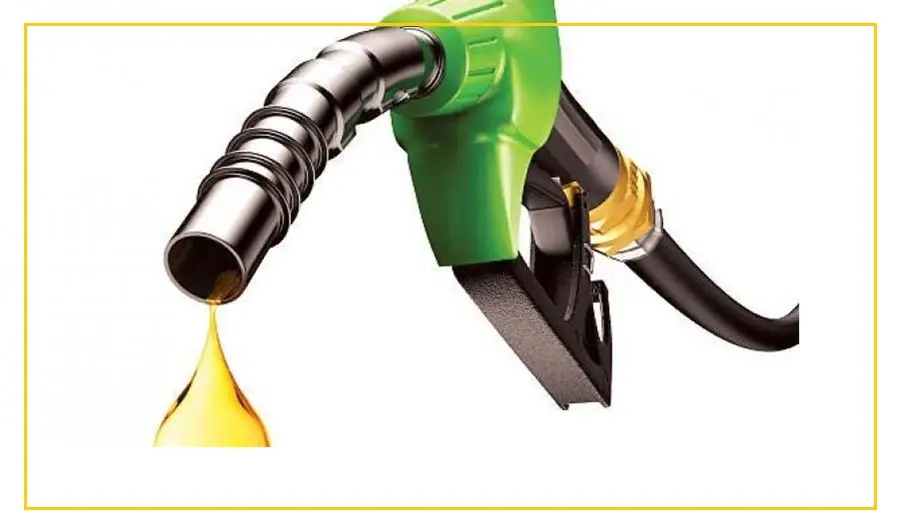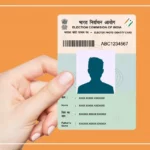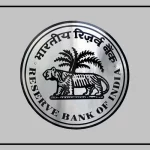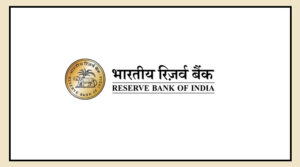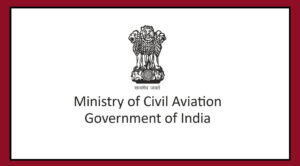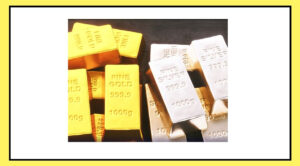The Indian government is planning to ease the rules for setting up petrol pumps across the country.
This move comes as India’s fuel market grows fast and the country shifts towards cleaner energy and decarbonisation goals.
Current Rules and Changes Being Considered
Under the 2019 guidelines, companies needed a net worth of ₹250 crore to sell petrol and diesel if they promised to build infrastructure for at least one alternative fuel (like CNG, LNG, biofuels, or EV charging) within three years of starting.
If a company wanted to sell petrol and diesel to both retail and bulk consumers, it had to have a net worth of ₹500 crore.
Now, the Ministry of Petroleum and Natural Gas has set up an expert committee to review these 2019 rules.
The committee will check if the current rules are helping with energy security and market efficiency and whether they align with India’s goals for decarbonisation, electric vehicles, and alternative fuels. They will also address any problems in applying the existing rules.
The committee is led by Sukhmal Jain, former Marketing Director of Bharat Petroleum Corporation Ltd (BPCL). Other members include experts from the Petroleum Planning and Analysis Cell and the ministry.
On August 6, the ministry invited comments from the public and stakeholders, giving them 14 days to respond.
Background on Previous Rules
Before 2019, companies had to invest or promise to invest ₹2,000 crore in areas like oil exploration, refining, pipelines, or LNG terminals to get a fuel retail license.
This big investment rule was removed in 2019 to make it easier for companies with ₹250 crore net worth to enter the market.
Retail Authorization Requirements
Companies wanting retail authorization must open at least 100 petrol pumps, with at least 5% of them in rural areas within five years.
Interest From Global Energy Companies
Many big global energy firms have shown interest in India’s fuel market. For example:
TotalEnergies (France) teamed up with Adani Group to apply for licences for 1,500 petrol stations.
BP partnered with Reliance Industries to set up petrol pumps.
Puma Energy (Trafigura’s downstream arm) has applied for a license.
Saudi Aramco is in talks to enter the sector.
Current Market Scenario
India has around 97,804 petrol pumps, mostly owned by state-run companies like Indian Oil Corporation (IOC), Bharat Petroleum Corporation Ltd (BPCL), and Hindustan Petroleum Corporation Ltd (HPCL).
Private companies such as Reliance Industries, Nayara Energy, and Royal Dutch Shell have a smaller presence in the fuel retail market.


